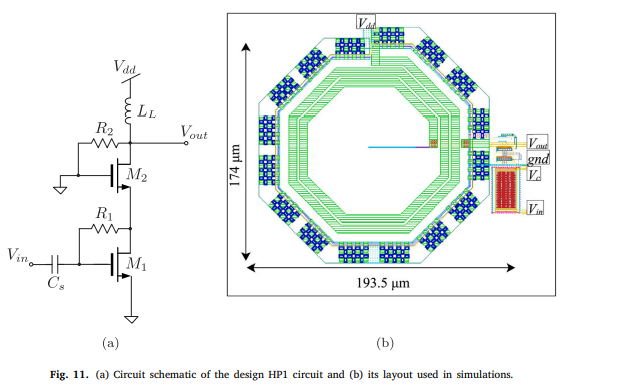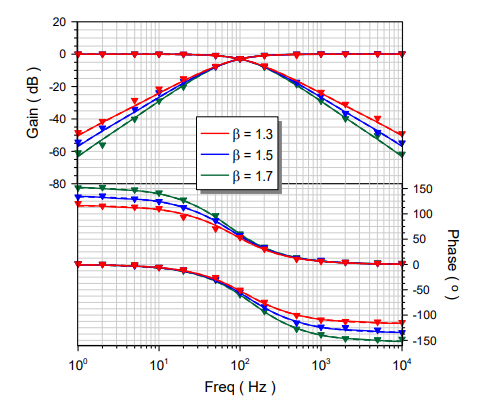Improved spectrum mobility using virtual reservation in collaborative cognitive radio networks
Cognitive radio technology would enable a set of secondary users (SU) to opportunistically use the spectrum licensed to a primary user (PU). On the appearance of this PU on a specific frequency band, any SU occupying this band should free it for PUs. Typically, SUs may collaborate to reduce the impact of cognitive users on the primary network and to improve the performance of the SUs. In this paper, we propose and analyze the performance of virtual reservation in collaborative cognitive networks. Virtual reservation is a novel link maintenance strategy that aims to maximize the throughput of the cognitive network through full spectrum utilization. Our performance evaluation shows significant improvements not only in the SUs blocking and forced termination probabilities but also in the throughput of cognitive users. © 2013 IEEE.



